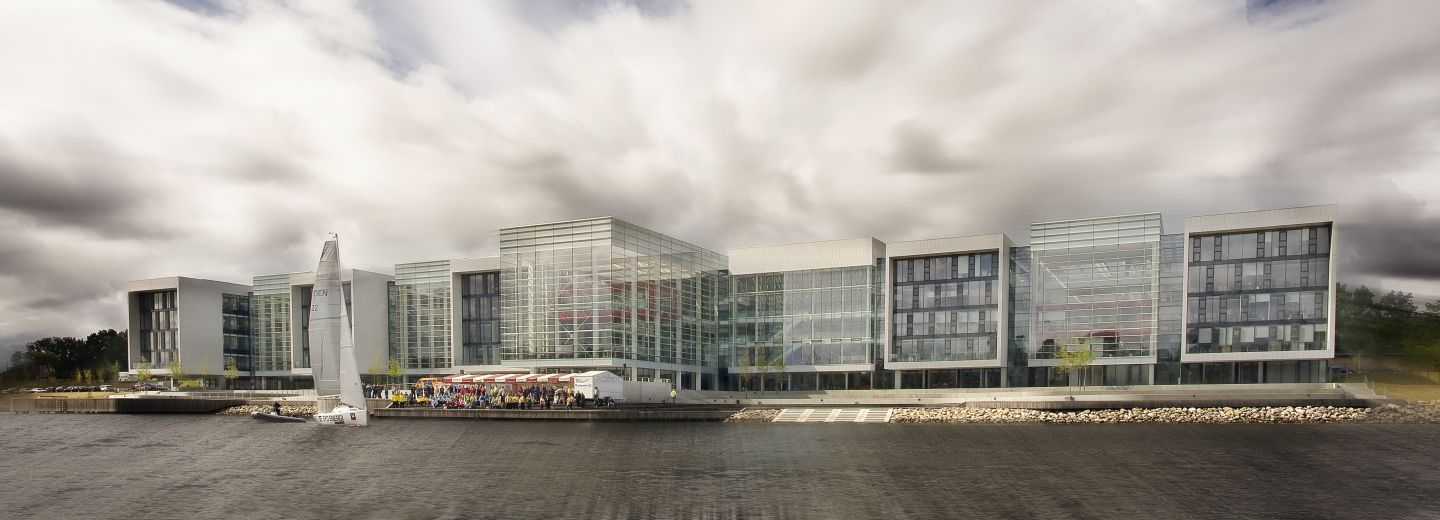
SDU Sønderborg obtains approval of Bachelor of Engineering programme in Electronics
In December, the Ministry of Education and Research approved two new programmes in the form of a Bachelor of Science (BSc) in Engineering and a Master of Science (MSc) in Engineering in Electronics, both of which are offered from SDU Sønderborg this year. Today, another approval came from Søren Pind’s ministry, namely of the Bachelor of Engineering (BEng) in Electronics.
There is a lack of engineers in the Region of Southern Denmark. In the Sønderborg area alone, a report has concluded that the surrounding industry is going to lack 800 academics by 2020, mainly in electronics, mechatronics and IT.
However, in December 2017, companies were pleased that SDU Sønderborg had obtained approval of two new programmes in the form of a BSc and an MSc in Electronics, and today the university scored another success, as the Ministry of Education and Research also approved the BEng programme in Electronics.
The BEng programme is generally attractive to young people, as it is highly entrepreneurial and makes them ready for the labor market already after three and a half years.
- We are really, very pleased with the approval of the BEng programme, says Henning Andersen, Director of Studies at the SDU Faculty of Engineering.
He further explains that the enthusiasm is caused by the fact that SDU is now able to offer the entire range of engineering programmes within electronics.
- We know from experience that some young people are interested in the BEng programme, others in an MSc in Engineering. We have seen this in the field of mechatronics.
The fact that SDU Sønderborg now offers electronics programmes at all university levels means that two of the largest locomotives in Danish industry, Danfoss and Linak, now have direct access to a large talent pool within the area.
The following student intake is expected for the BEng in Electronics: 10 in 2018, 20 in 2019, 25 in 2020, 30 in 2021, 35 in 2022, 40 in 2023, and 50 in 2024. From 2025 the intake is expected to stabilize at 60.